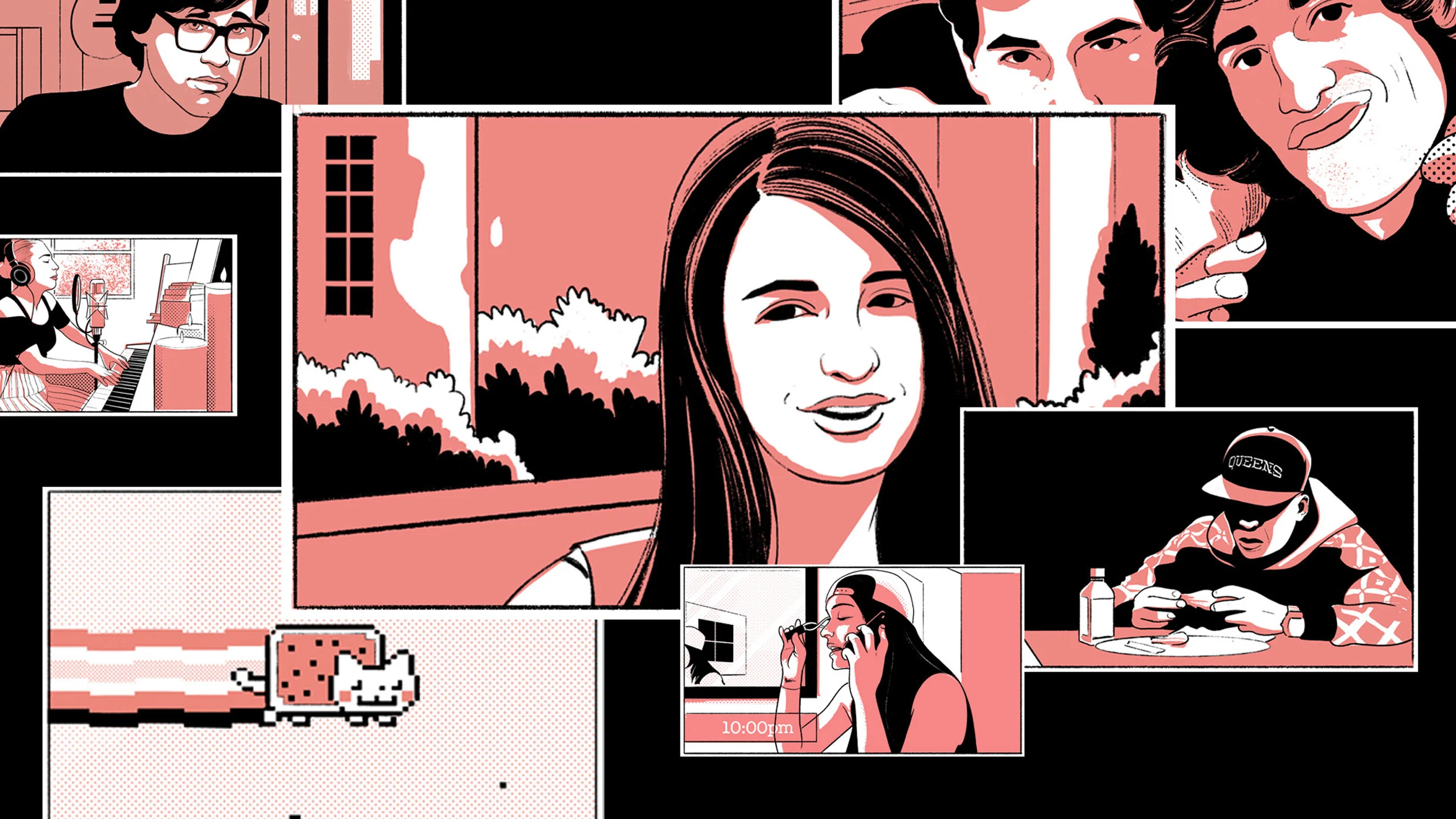
"In part four of How YouTube Ate TV, Fast Company 's oral history of YouTube, insiders describe how the company's Partner Program began sharing ad revenue with creators, kicking off the age of the professional YouTuber. As monetization transformed the platform, creators faced the newfangled challenges of managing fame in the viral video age. YouTube, meanwhile, wrestled with hate speech and other unsavory content."
"With YouTube increasingly competing with TV in its classic form, it also spent billions to bring one of broadcasting's most iconic offerings-the NFL-on board. Comments have been edited for length and clarity. Read more How YouTube Ate TV Part one: YouTube failed as a dating site. This one change altered its fortunes forever The application deadline for Fast Company's Most Innovative Companies Awards is this Friday, October 3, at 11:59 p.m. PT. Apply today."
Revenue-sharing through the Partner Program turned creators into paid professionals and launched the era of the professional YouTuber. Monetization reshaped creator behavior and introduced challenges around managing rapid fame and public scrutiny in a viral-video environment. The platform confronted persistent problems with hate speech and other unsavory content, prompting content moderation efforts and policy decisions. YouTube shifted toward direct competition with traditional TV and invested billions to secure major broadcasting content, including NFL rights. The convergence of monetization, fame management, content policy, and high-profile sports deals redefined online video economics and industry relationships.
Read at Fast Company
Unable to calculate read time
Collection
[
|
...
]